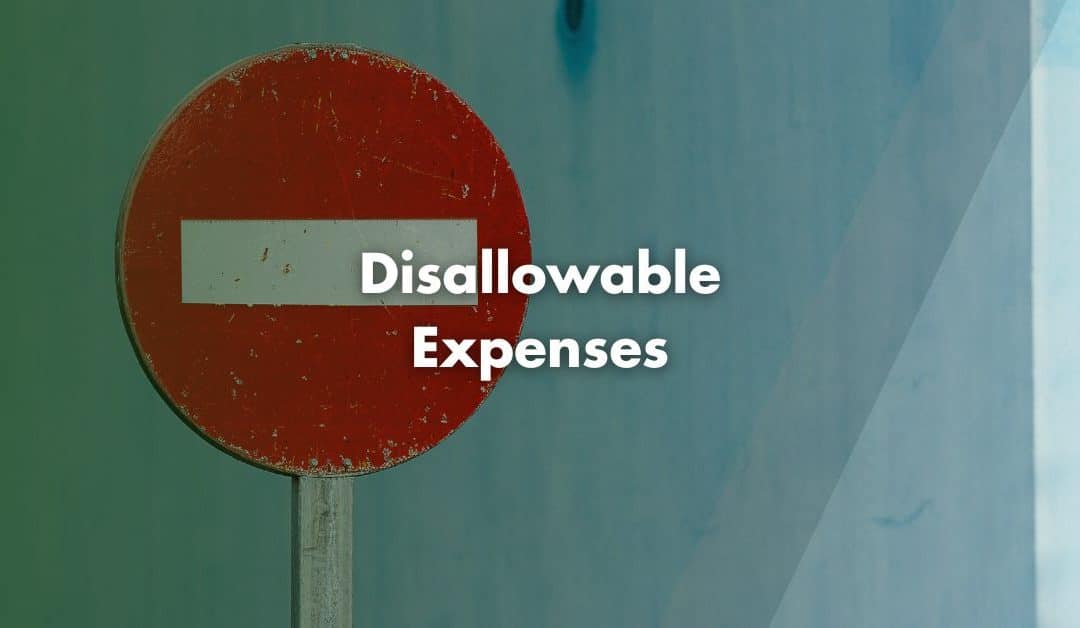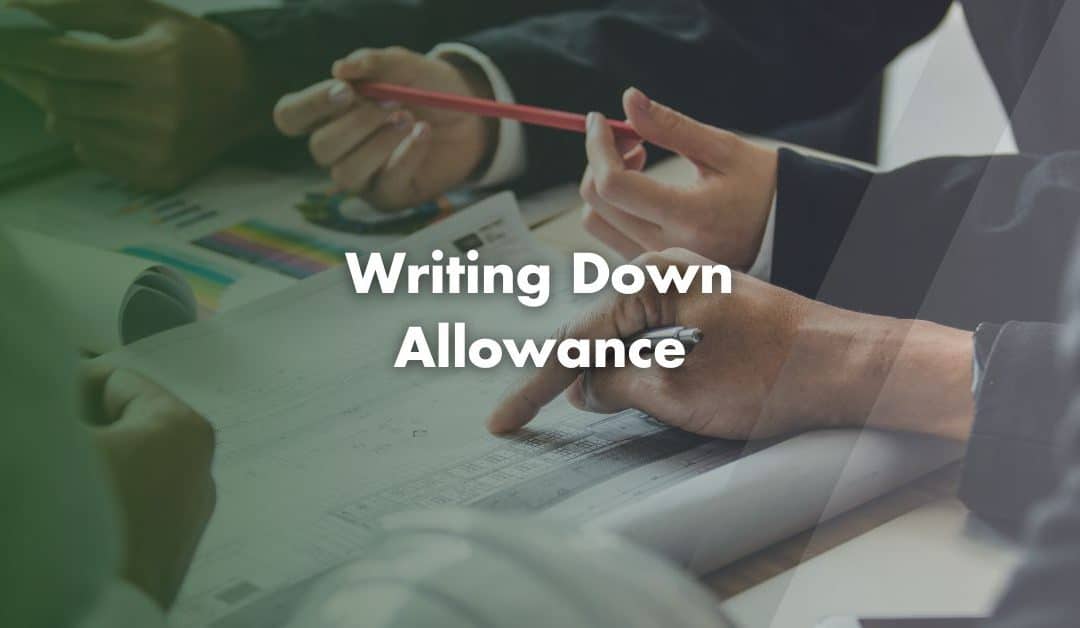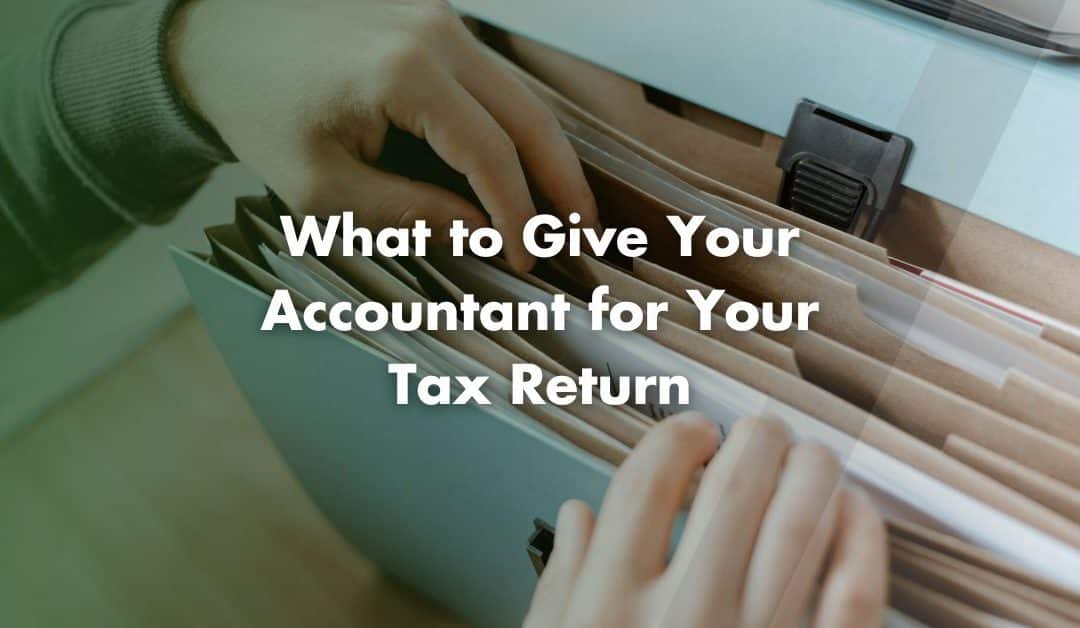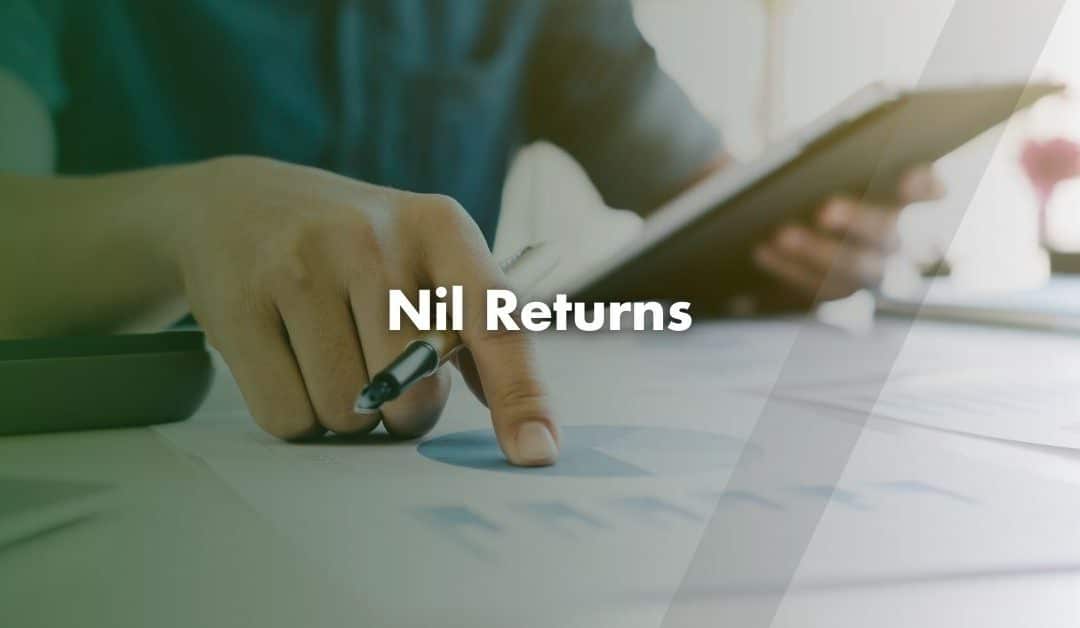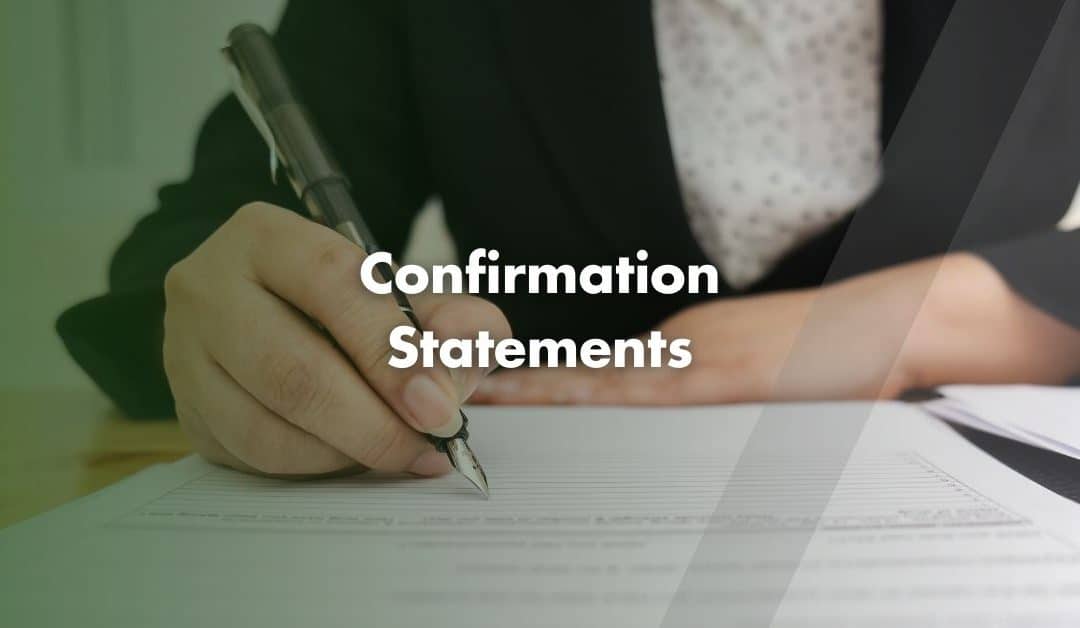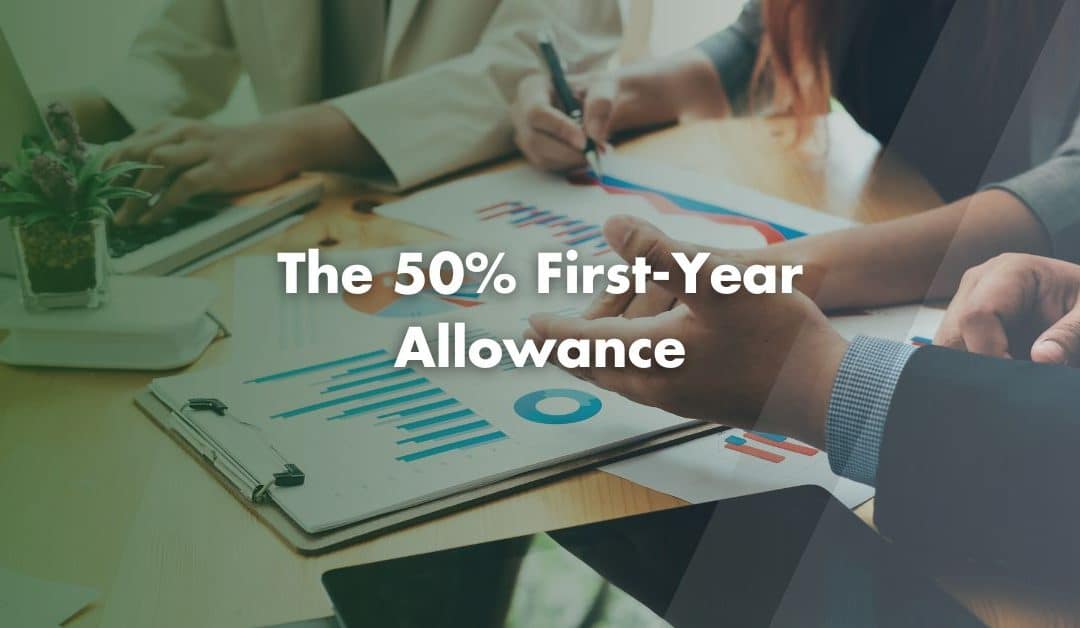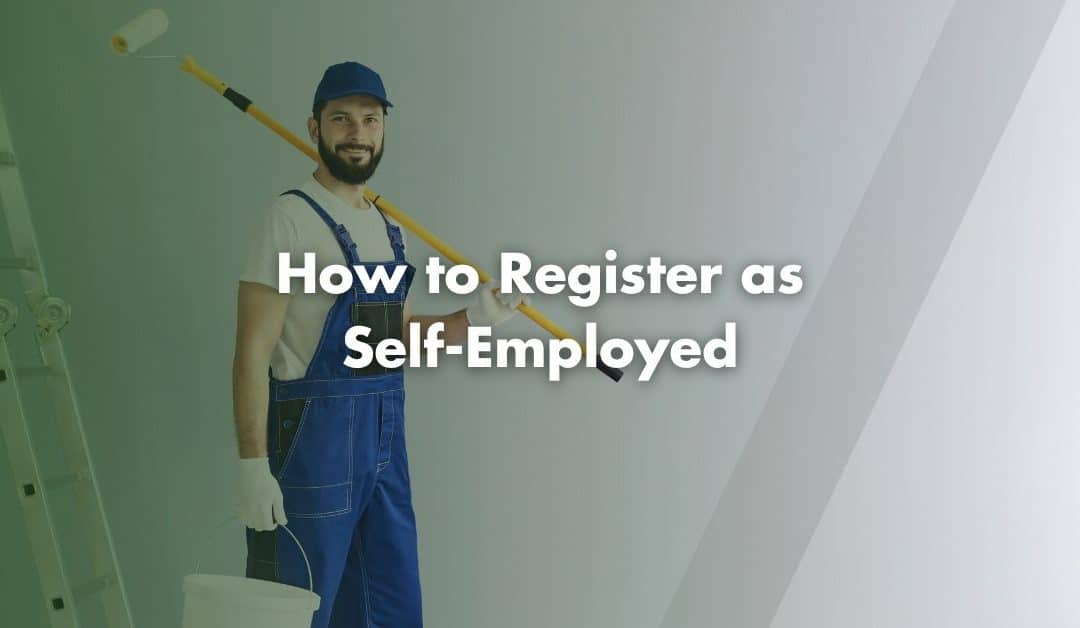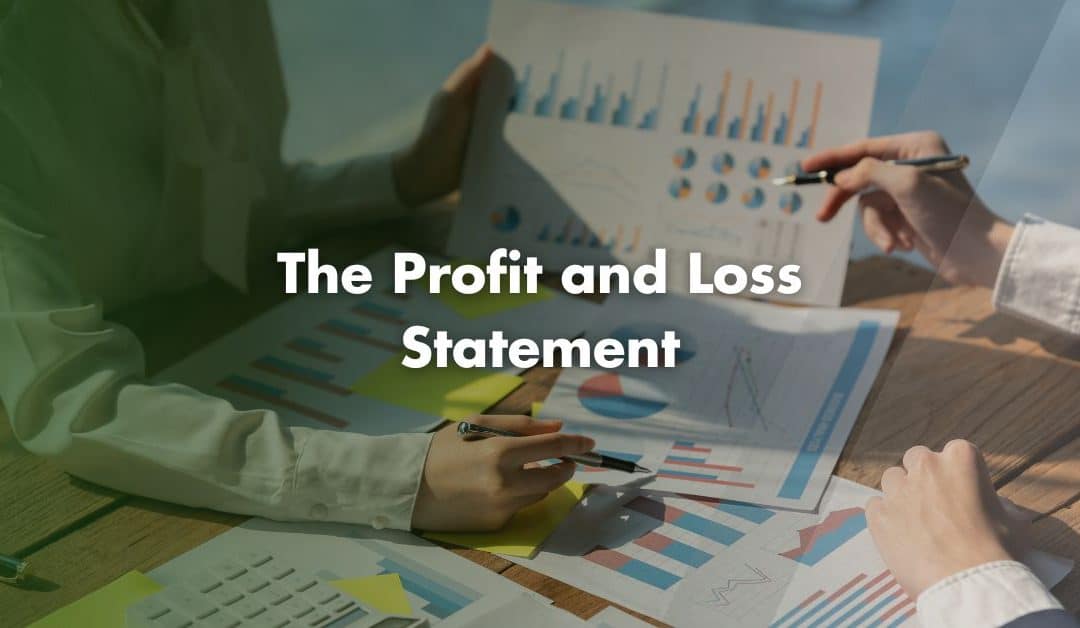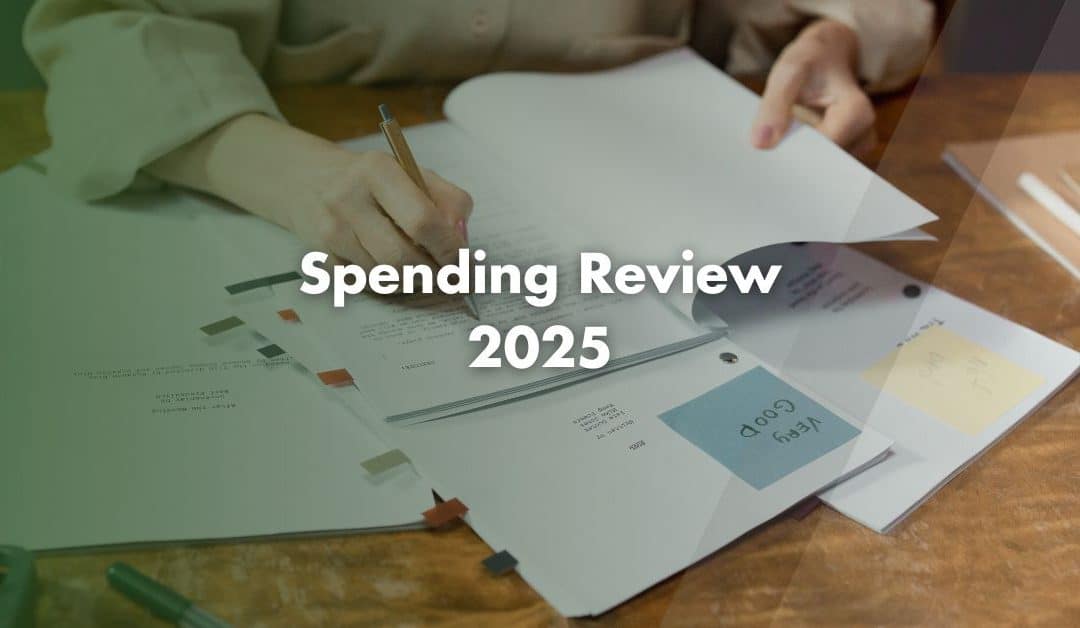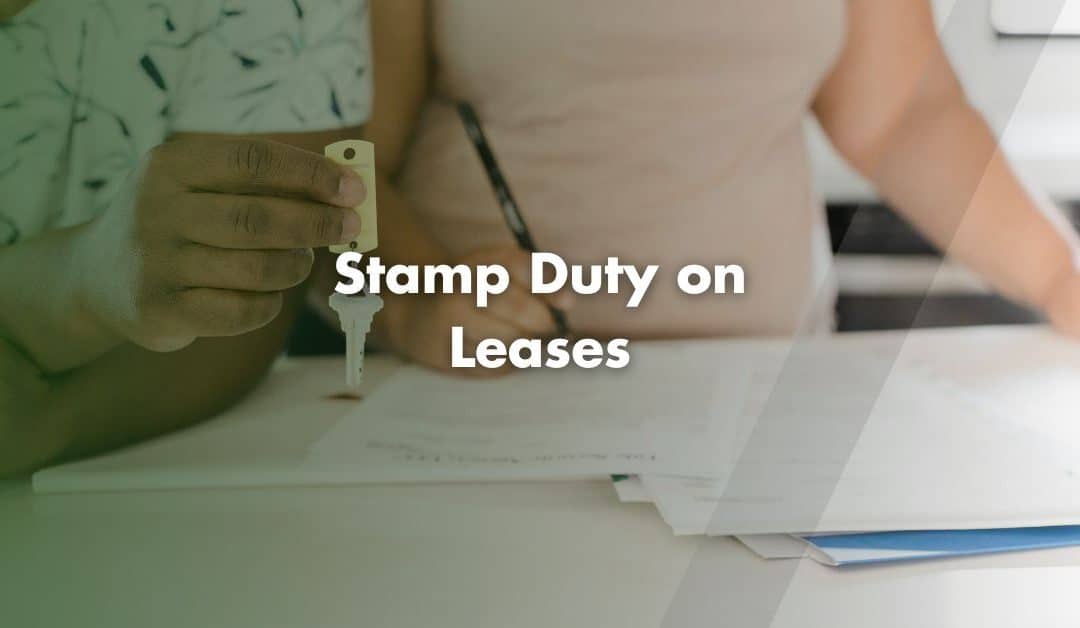
by Pi Accountancy | Sep 25, 2025 | Advisory and Resources, Property Landlords, SDLT
Stamp Duty Land Tax is a tax you may need to pay when taking on leases in the UK. It can be a major expense, particularly for longer commercial leases or higher-value properties. What Stamp Duty Covers Stamp Duty applies to two elements of a lease: The Premium (the...

by Pi Accountancy | Sep 23, 2025 | COVID-19, Regulations and Schemes
The government has opened a voluntary repayment window for people and businesses that received unentitled COVID support money. This is your final chance to repay what you owe. The window stays open until December 2025. Official Guidance: Covid repayment window opens...

by Pi Accountancy | Sep 18, 2025 | Advisory and Resources, Taxes
Disallowable Expenses are a common source of confusion, but the rules are straightforward once you understand the basic principle. If a cost is not “Wholly and Exclusively” for business use, you cannot claim it. Claiming the wrong expenses can quickly lead...

by Pi Accountancy | Sep 11, 2025 | Companies House, Frequently Asked Questions
A Dormant Company is a limited company that is officially registered with Companies House but is not currently carrying out any business activity or receiving income. Simply, the company is not trading and receiving absolutely no income. That means it is not: Selling...

by Pi Accountancy | Sep 9, 2025 | Advisory and Resources, HMRC, Taxes
When sending large sums of money to HMRC, many taxpayers only feel at ease once they confirm their payment has cleared. The good news is that checking whether HMRC has received your payment is simple. Who Needs to Pay Tax to HMRC? Not everyone needs to pay HMRC...

by Pi Accountancy | Sep 2, 2025 | Allowances
When you purchase equipment or other assets for your business, they naturally decrease in value over time due to wear and tear. Rather than claiming the full cost of an asset upfront, Writing Down Allowance spreads the tax relief over several years. Writing Down...

by Pi Accountancy | Aug 21, 2025 | Advisory and Resources, Self Assessment
We understand that filing a Self Assessment can feel daunting. However, if you have an accountant, providing them with accurate information can make the completion of your tax return much easier and less stressful. Additionally, giving your accountant the information...

by Pi Accountancy | Aug 20, 2025 | Frequently Asked Questions, VAT
If you are VAT-registered in the UK, you must submit a VAT Return every quarter. This rule applies whether or not your business has traded during that period. When you have no VAT to report, you must file a “Nil Return”, also known as a Zero VAT Return....

by Pi Accountancy | Aug 19, 2025 | Companies House, Frequently Asked Questions
A Confirmation Statement is an annual report that directors submit to Companies House. It confirms details about your business, such as: Registered office address Details of directors and shareholders Standard Industrial Classification (SIC) codes to describe business...

by Pi Accountancy | Aug 13, 2025 | Allowances, Corporation Tax, Taxes
The 50% First-Year Allowance is a tax relief which should encourage business to invest in new assets. It allows them to deduct 50% of the cost of eligible Capital Expenditure in the year they purchase it. This immediate reduction can reduce your Corporation Tax bill...

by Pi Accountancy | Aug 6, 2025 | Business, Companies House
If you have ever registered a company in the UK, you have likely come into contact with “SIC Codes”. But what actually are they and why do they matter to your business? What is a SIC Code? SIC Code stands for “Standard Industrial Classification...

by Pi Accountancy | Jul 29, 2025 | Advisory and Resources, HMRC, Self-Employed
Whether you are launching a freelance career or building a full-time business, the first step is to register as Self-Employed with HMRC. This makes sure you declare your income properly and that you meet all legal obligations. What Does It Mean to Be Self Employed?...

by Pi Accountancy | Jul 22, 2025 | Frequently Asked Questions, Taxes
Incorporation Relief is a valuable tax break that allows business owners to delay paying Capital Gains Tax when they transfer their business into a limited company. Rather than facing an immediate tax bill on the capital gain made at the time of transfer, the tax...

by Pi Accountancy | Jul 17, 2025 | Advisory and Resources
If your business owns equipment, vehicles or other valuable items that last more than a year, understanding Depreciation will help you in the long run. What is Depreciation? Depreciation is the reduction in value of a business asset over time. This loss in value...

by Pi Accountancy | Jul 16, 2025 | Advisory and Resources, Business
Cost of Goods Sold, also known as Cost of Sales and abbreviated to COGS, refers to the direct costs involved in producing goods or services sold by a business. What is Cost of Goods Sold? Cost of Goods Sold represents the expenses directly tied to producing a product...

by Pi Accountancy | Jul 15, 2025 | Advisory and Resources, Business
Every business, regardless of size, needs to track its performance. One of the most effective ways to do this is with the Profit and Loss Statement (P&L), also known as an Income Statement. This document provides a summary of a business’s income and expenses...

by Pi Accountancy | Jun 25, 2025 | Business
Common Control transactions are becoming increasingly common as companies adapt to global economic shifts and changing regulations. What is Common Control? Common Control occurs when one person, or a group acting together, controls two or more businesses. This control...

by Pi Accountancy | Jun 24, 2025 | Business
Running a company in the UK means understanding and complying with various legal obligations. One of the most important requirements is identifying your People with Significant Control (PSCs). What are People with Significant Control? A Person with Significant Control...

by Pi Accountancy | Jun 12, 2025 | Advisory and Resources
On 11th June, Chancellor Rachel Reeves delivered her 2025 Spending Review, setting the direction for the UK’s public spending over the next several years. While it may not have the drama of a Budget, the decisions will still influence your income, local services...

by Pi Accountancy | Jun 11, 2025 | Business
From April 2023, the rules around Corporation Tax in the UK changed. One of the biggest changes was the return of tax bands based on profit levels. However, if your company has associated companies, those profit thresholds reduce. As a result, more businesses may find...

by Pi Accountancy | Jun 10, 2025 | Advisory and Resources
As energy bills continue to rise and colder months approach, the restoration of the Winter Fuel Payment for more pensioners in 2025 offers a welcome source of relief. What is the Winter Fuel Payment? The Winter Fuel Payment is an annual tax-free payment from the UK...

by Pi Accountancy | Jun 5, 2025 | Business
Every business relies on equipment, tools or property to some degree. Some of these assets are short-term expenses, while others serve a long-term purpose. These long term assets, known as Capital Assets, help with business growth and financial planning. What are...

by Pi Accountancy | Jun 4, 2025 | Allowances
One of the most effective ways to lower your tax bill is claiming Capital Allowances. These allow you to deduct the cost of certain long-term business assets from your taxable profits. What are Capital Allowances? Capital Allowances are a form of tax relief. They let...

by Pi Accountancy | Jun 3, 2025 | Allowances
The Annual Investment Allowance, or AIA, is a generous form of tax relief which supports and stimulates business growth across the UK. It enables companies and self-employed individuals to deduct the full cost of specific capital investments from their taxable profits...



